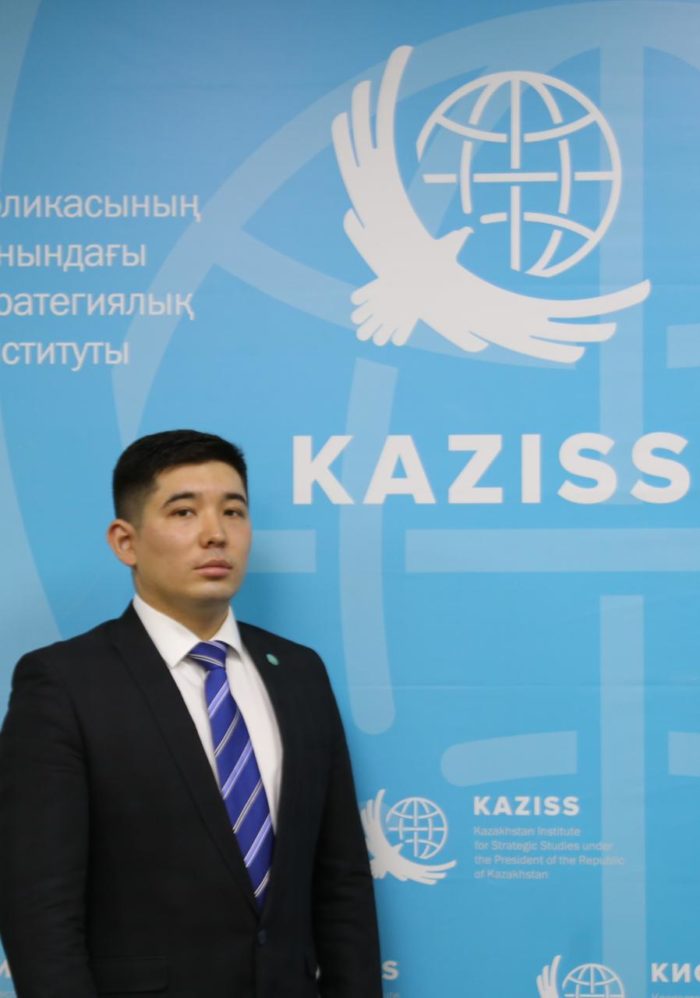Kazakh President Kassym-Jomart Tokayev proposed to develop and implement national indicators for the protection of human rights during the fifth meeting of the National Council of Public Trust that took place virtually on Feb. 25. These will be based on global indicators developed by the Office of the United Nations High Commissioner for Human Rights.

Kazakhstan shows a positive dynamic in indicators in world rankings on human rights. For example, Kazakhstan was ranked 62nd among 128 countries with the best performance in terms of the Order and Security and Civil Justice indicators in the World Justice Project Rule of Law Index.
The implementation of the President’s initiative to develop the national indicators of human rights observance based on indicators adopted in world practice will allow the continuation of work to improve the legal system in society.
A human rights indicator is information about the status of an object, event, activity or result that may be linked to human rights norms and standards. The indicators reflect current human rights principles and issues. There are three types of human rights indicators – structural, process, and outcome indicators.
Structural indicators reflect the willingness of a state to act in line with its human rights obligations. For example, in his Address to the People on Sep. 1, 2020, Tokayev pushes forward the introduction of continuous video surveillance in penitentiary institutions and police offices.
Process indicators measure government efforts to meet commitments and achieve the desired results in the field of human rights. In this area, indicators can range from the level of budget allocations, coverage of target groups of the population by state programs, the presence of complaints in the field of human rights and the number of satisfied complaints.
Outcome indicators help assess government efforts to ensure the realization of human rights. These include the share of the labor force included in the social security system, achievements in the field of education among the target population groups, and others.
In his remarks, the head of state touched upon all the necessary cases that can form a pool of indicators of human rights observance in Kazakhstan.
Restoring the role of special forces in protecting women and children from violence, introducing a video surveillance system to eliminate factors conducive to sheltering illegal actions, and many other initiatives are aimed at modernizing the country’s legal system and bringing it into line with world standards.
The development of national indicators for assessing the observance of human rights will be an important step, reflecting the commitment of Kazakhstan to liberal values and obligations related to human rights and freedoms.
The author is Yermek Toktarov, the leading expert of the Department of Social and Political Studies of the Kazakhstan Institute for Strategic Studies (KazISS) under the President of Kazakhstan, PhD.
